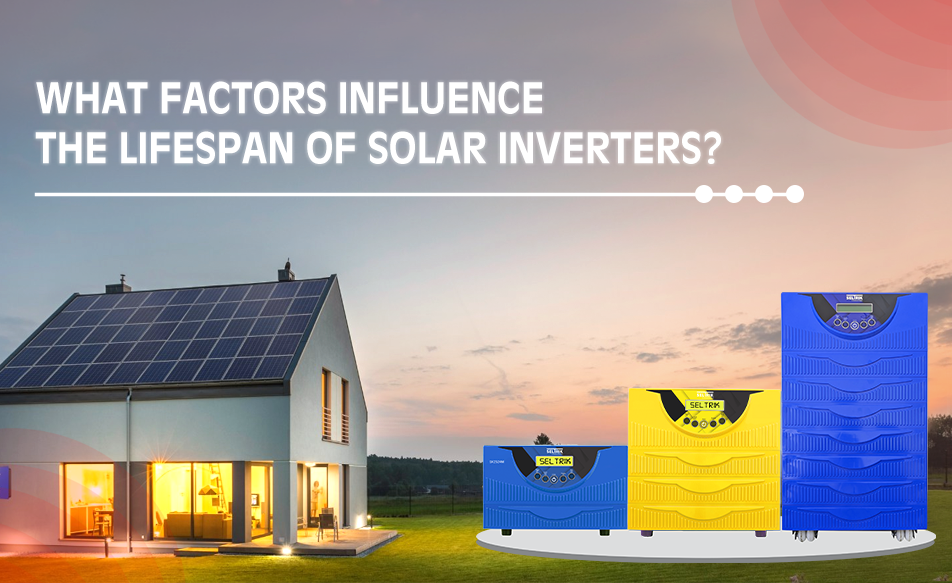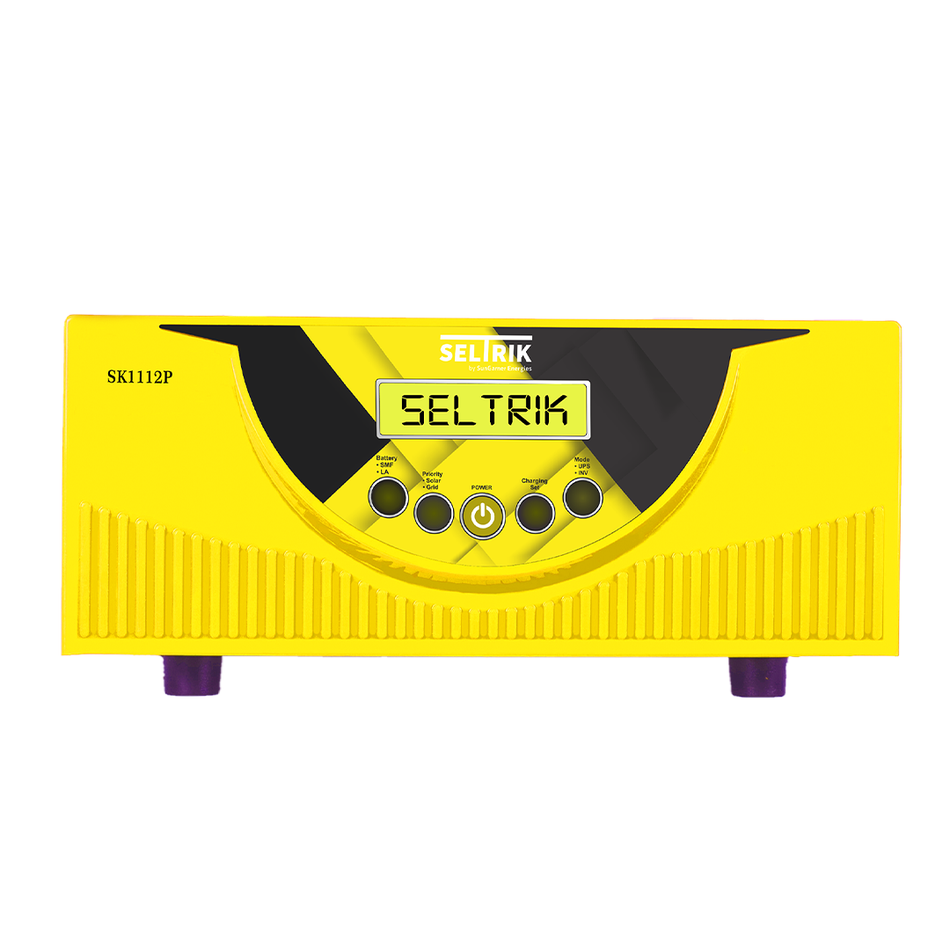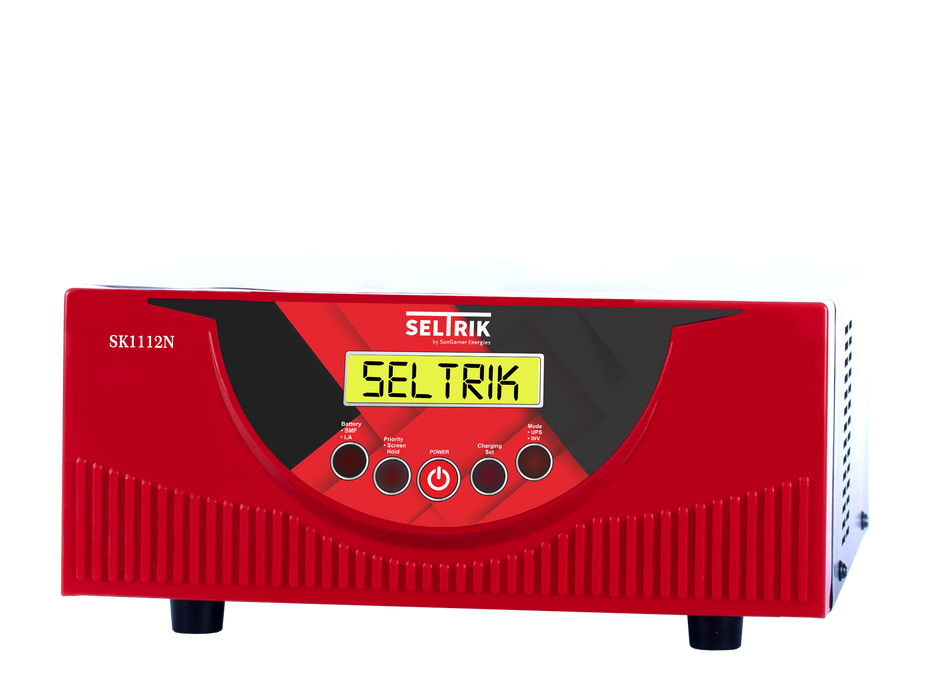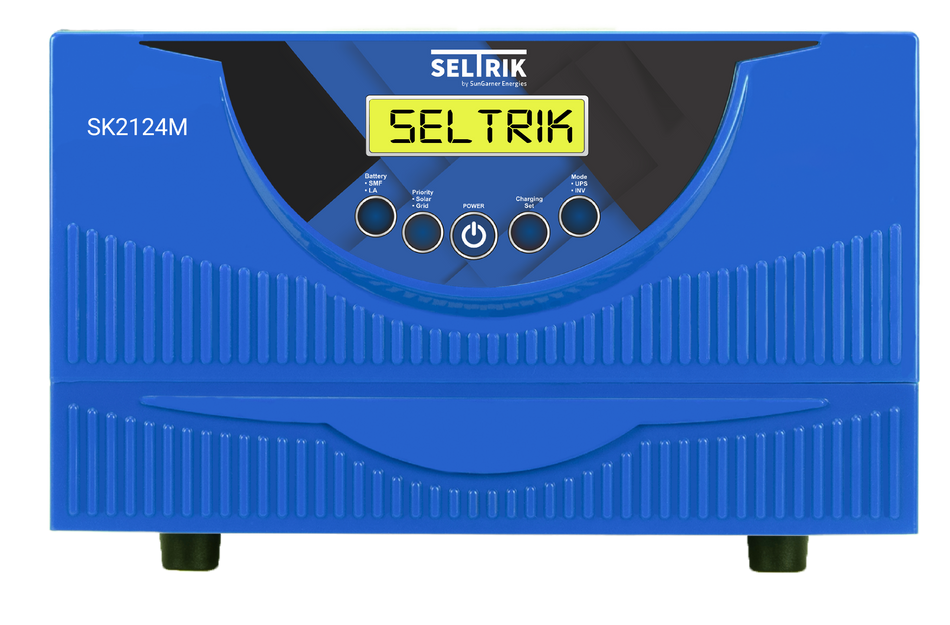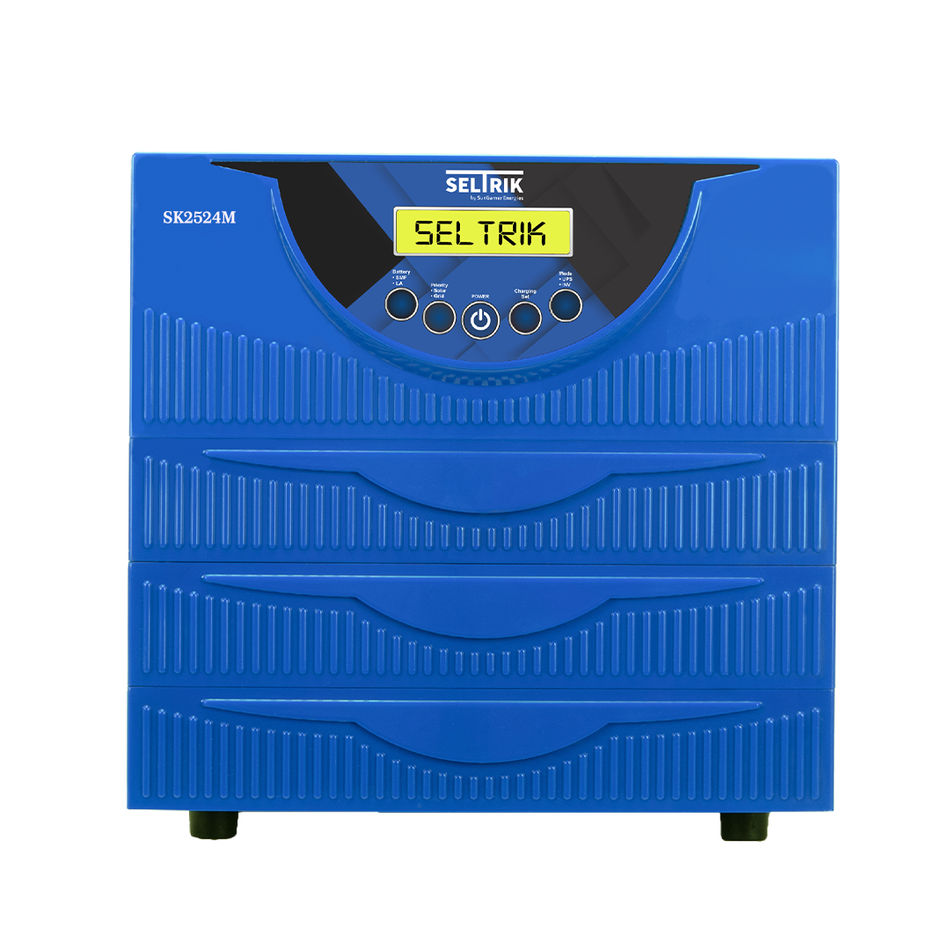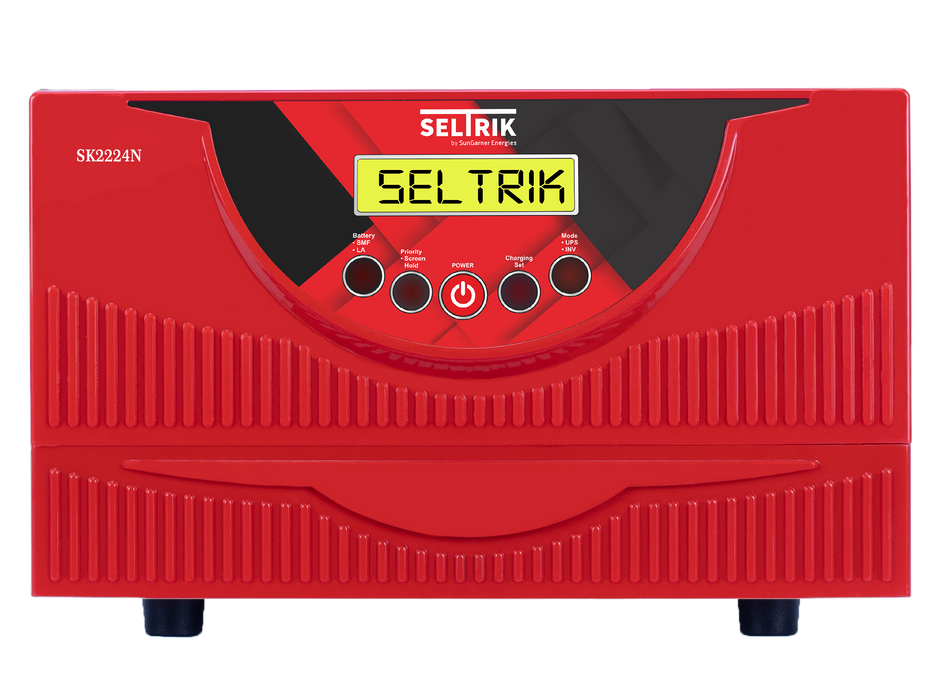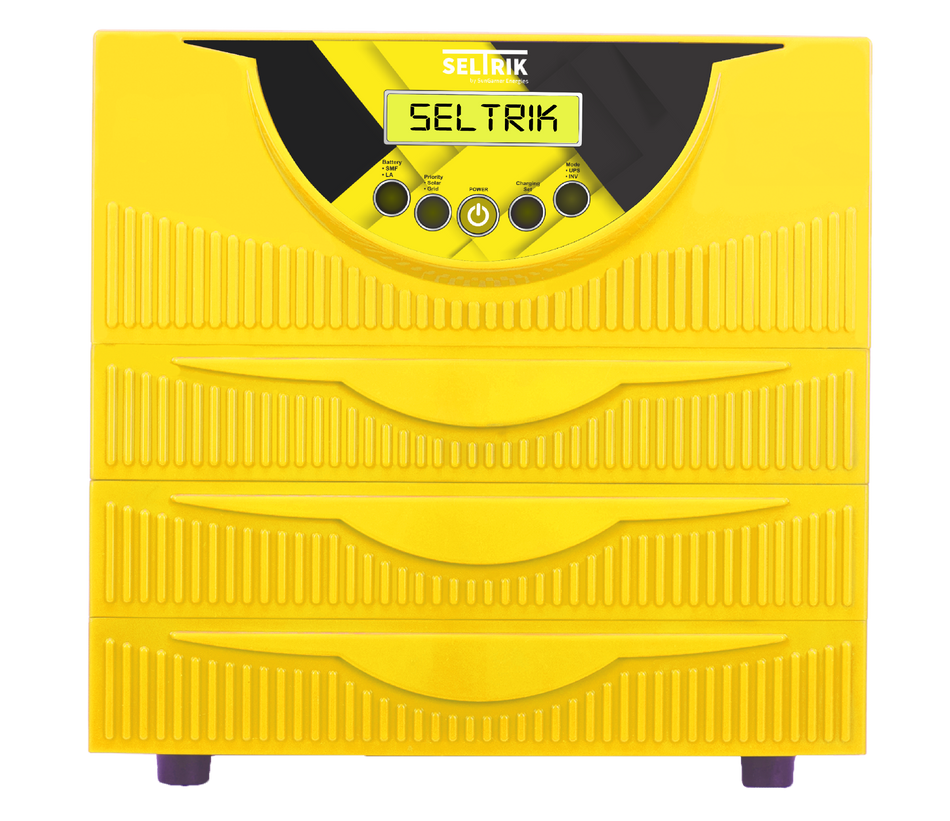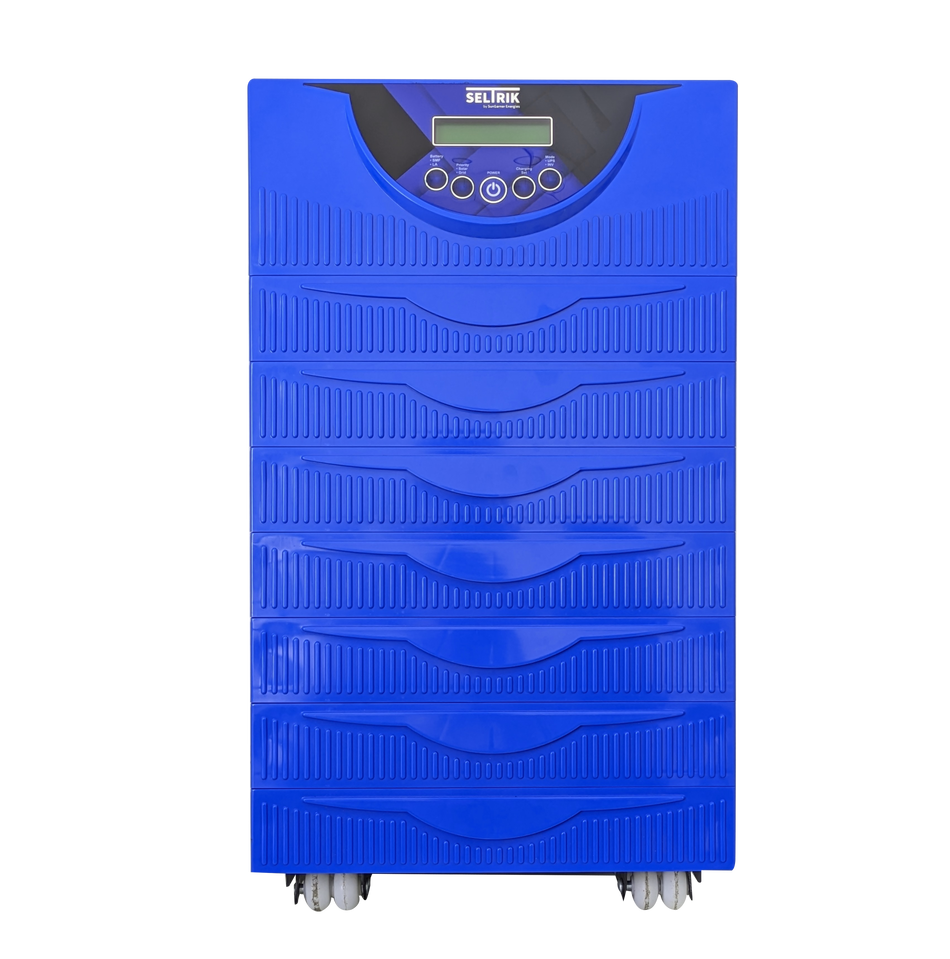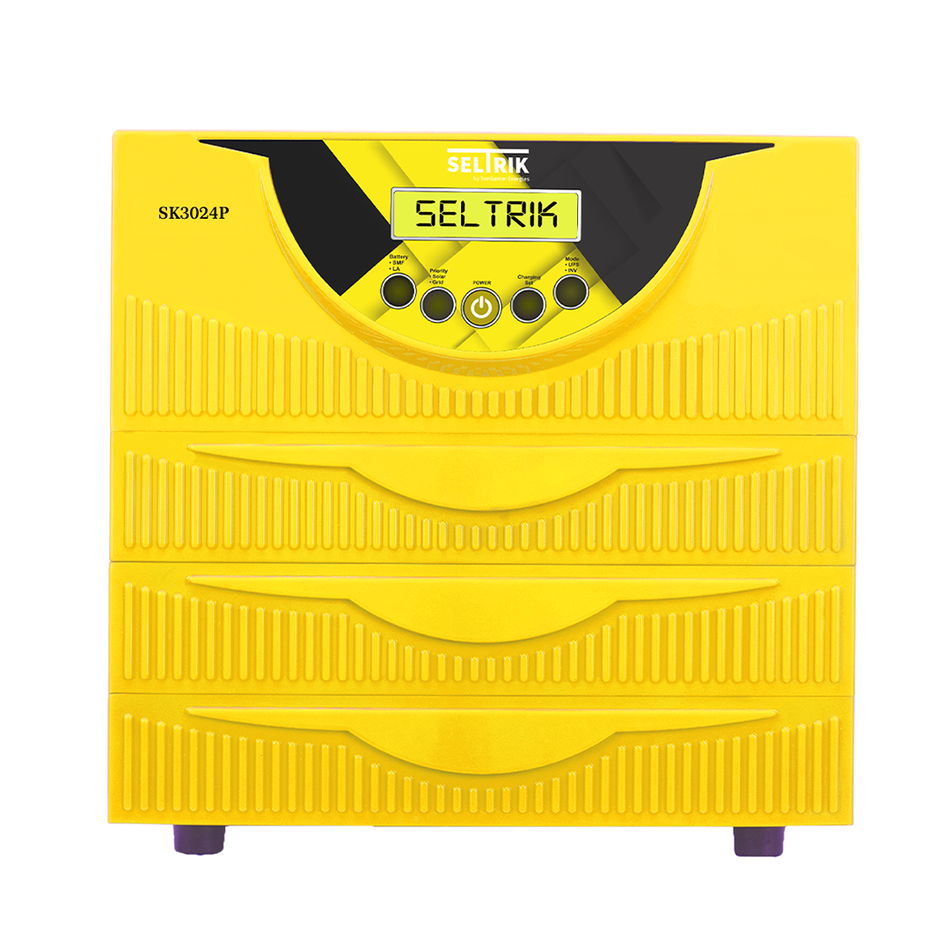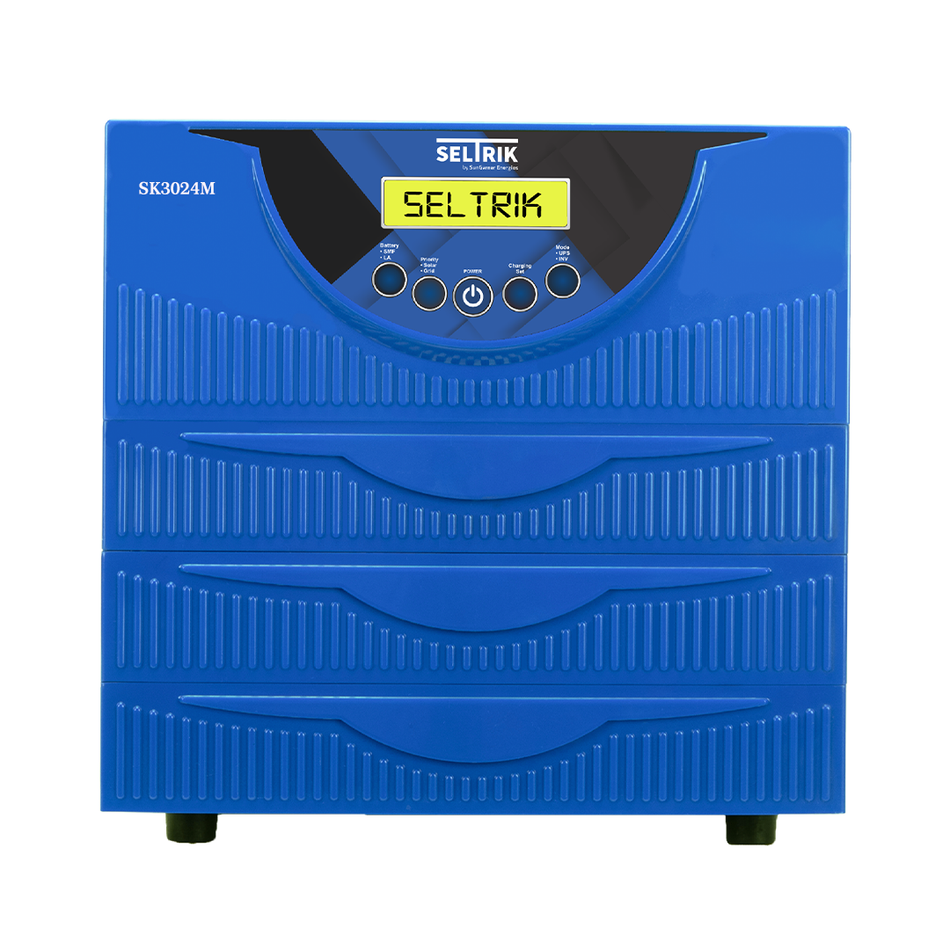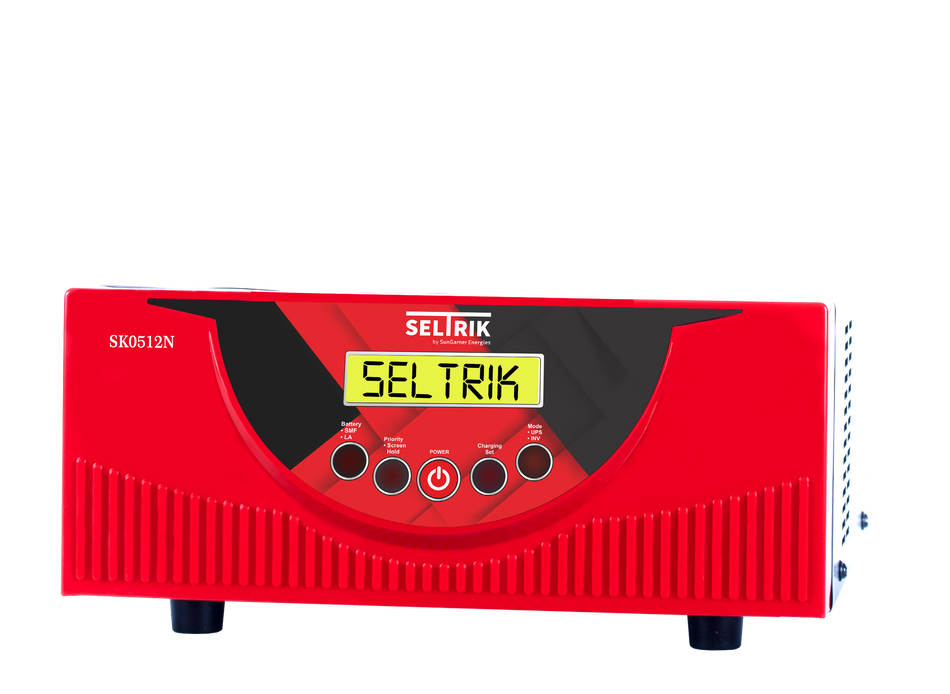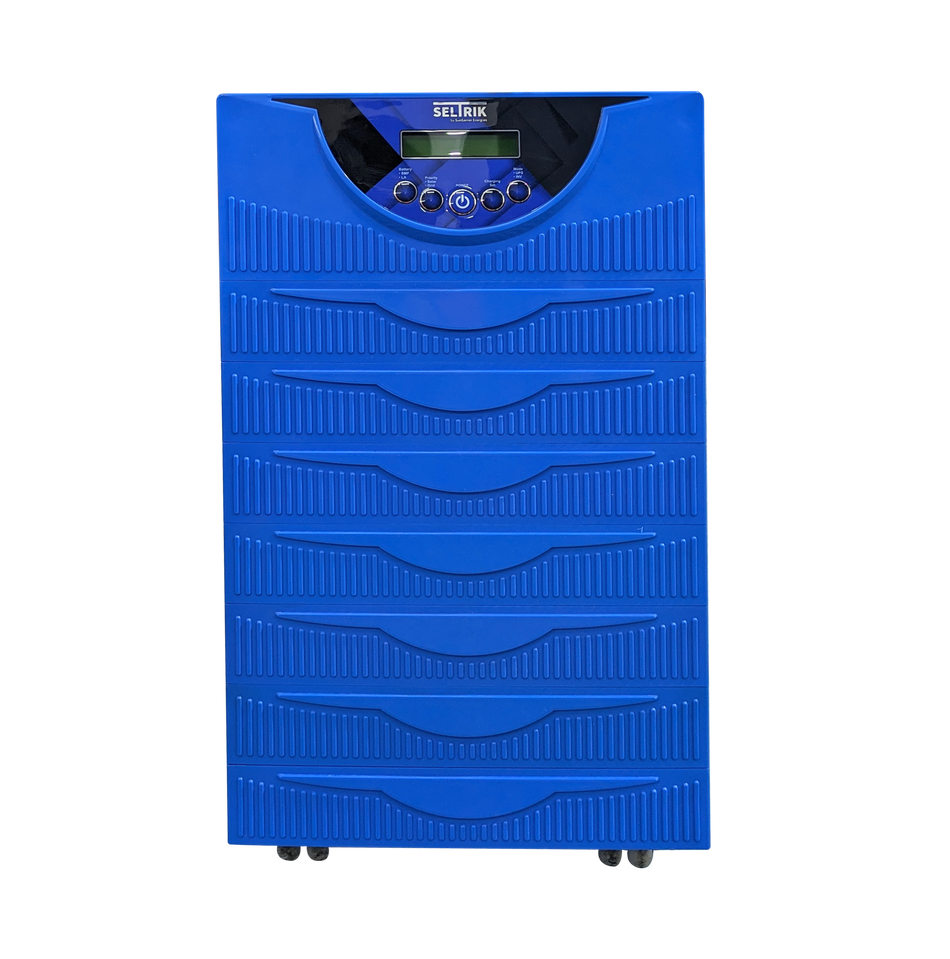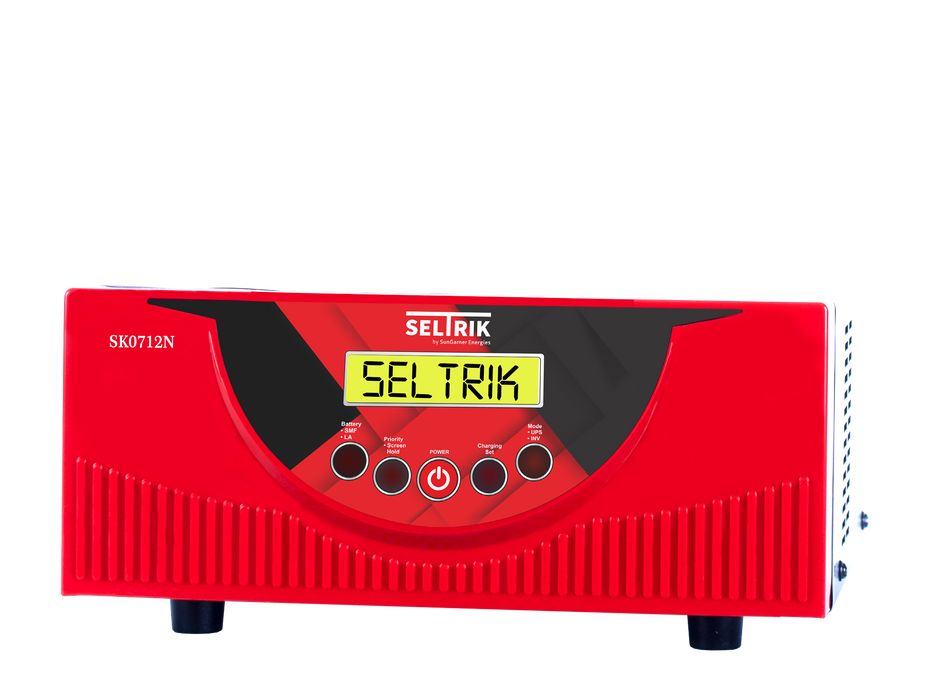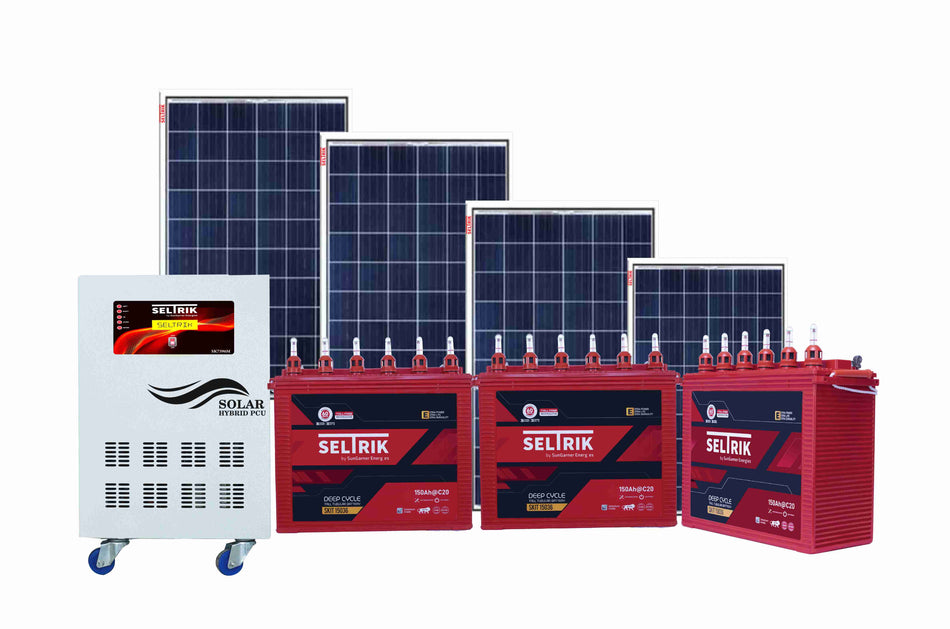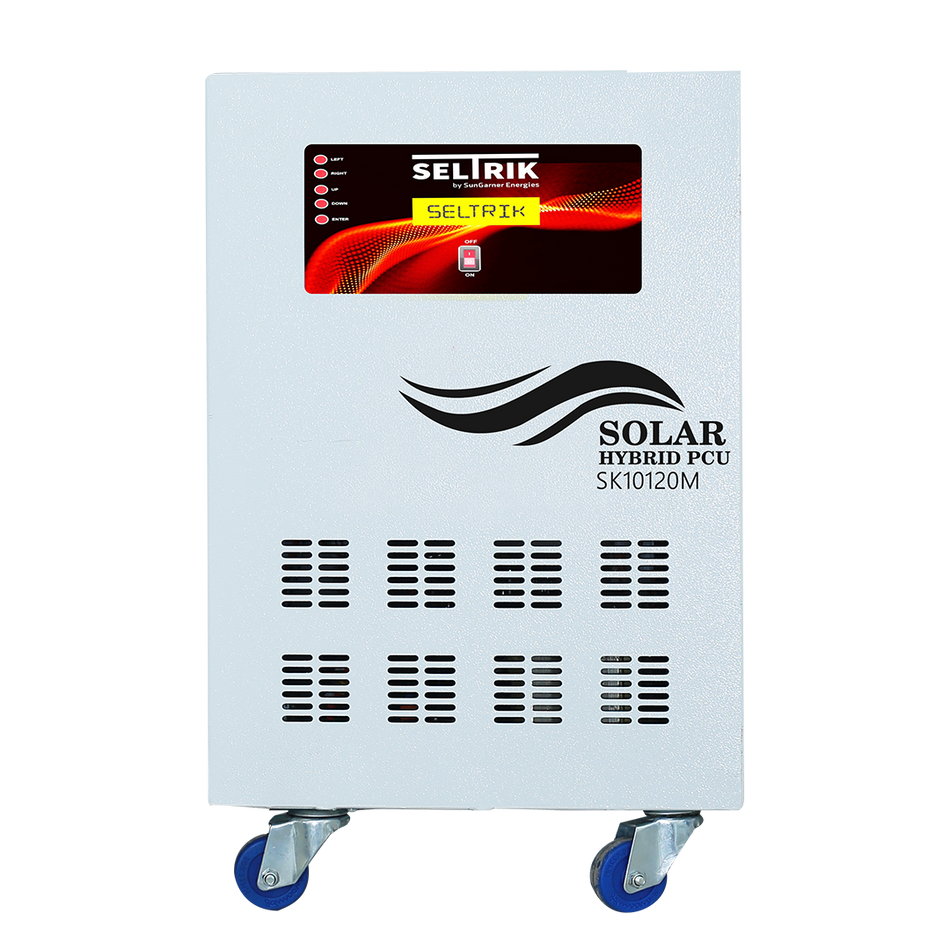As environmental awareness grows, an increasing number of households are adopting solar solutions to reduce their carbon footprint and save on energy costs. With the rising popularity of solar energy, solar inverters have become an essential component of these systems, especially as electricity prices continue to climb.
When choosing a solar inverter, its life expectancy is a critical factor to consider. A durable and reliable inverter ensures your solar system operates efficiently over the long term, providing consistent energy savings and reducing maintenance costs. Investing in the right solar inverter today can make a significant difference for your energy needs
The lifespan of a solar inverter lies between 10-15 years. However, it may vary depending on product quality, installation, usage environment and maintenance afterward.
Several factors can unintentionally shorten the lifespan of your solar inverter. For instance, neglecting timely maintenance can significantly impact not only the inverter’s durability but also the overall effectiveness of your home solar system. Proper care and attention are essential to ensure your system operates efficiently for years to come.
Read on as we explore the key factors that influence the lifespan of solar inverters and how you can maximize their longevity
- The internal temperature of a solar inverter
Internal temperature of a solar inverter is a critical factor that directly impacts both its performance and lifespan. Higher temperatures within the inverter can significantly reduce its efficiency and shorten its life.
Many of the internal components of solar inverters, such as capacitors, are sensitive to temperature fluctuations. For example, for every 10-degree increase in ambient temperature, the life of a capacitor is halved. Installing your inverter in areas with inadequate ventilation or exposing it to direct sunlight can lead to overheating and damage.
To extend the lifespan of your solar inverter, it’s essential to place it in a well-ventilated area, away from direct sunlight and high-temperature sources like boilers, electric stoves, or air conditioner outlets. Proper installation and temperature management are key to ensuring your inverter performs optimally over the long term.
- Input Voltage and Current of a Solar Inverter
Improper matching of the input voltage and current parameters to the inverter can significantly impact its longevity. The higher the voltage or current, the more strain is placed on the inverter’s components, potentially shortening their lifespan. When dealing with fixed component power, the voltage of series-connected components should not be excessively high or low.
To ensure optimal performance, it’s important to keep the voltage of the series elements close to the inverter’s rated voltage. For example, if the input voltage range is 200-1000V, the inverter will operate normally as long as the input voltage stays within this range.
By maintaining the solar inverter's input voltage within the recommended limits, you can prevent system failures and enhance the longevity and efficiency of both the inverter and the battery. However, it’s important to note that even if the voltage is within the specified range, the inverter's lifespan will still vary depending on the actual input voltage levels.
- External Environment of the Solar Inverter
Maintaining a favorable external environment is crucial for extending the lifespan of solar inverters. Installing the inverter in a clean, well-maintained space helps prevent performance degradation over time.
If the external environment is prone to heavy pollution or dust, it's advisable to install the solar inverter in a closed or sheltered space. This is because dust, leaves, or sand that settles on the inverter’s radiator or air vents can impair its heat dissipation, potentially causing overheating and reducing its efficiency.
Solar inverters can be installed both indoors and outdoors. Indoor inverters are typically more affordable since they are not built to withstand harsh weather conditions. Outdoor inverters, however, are designed to endure rain, extreme heat, and other environmental factors, but they must still be protected from direct sunlight. Excessive exposure to sunlight can overheat the inverter, causing it to fail or significantly shorten its lifespan.
For efficient operation, a solar inverter typically requires a compatible solar battery. Consider a SunGarner inverter battery for its exceptional performance, low maintenance, corrosion resistance, and rapid rechargeability—ideal for ensuring the optimal performance of your solar energy system.
- Maintenance And Cleaning
Solar inverters are often installed outdoors, making regular maintenance essential to ensure they remain clean and free of dust and debris. Regular cleaning and inspections help prevent clogging or damage to vital components such as electrical parts, heat sinks, and vents, ensuring the system runs smoothly.
Proper ventilation is also crucial to avoid overheating, so it’s important to maintain adequate airflow around the inverter. In addition, make it a habit to check your inverter every few months to ensure everything is functioning as expected. Look for any changes or potential issues in the surrounding area that could affect the inverter’s performance. If you notice any visible damage or irregularities, contact your solar provider for prompt corrective action.
Wrapping up
While all solar inverters are designed to last a certain amount of time, the factors mentioned earlier can significantly influence their actual lifespan. To maximize the longevity of your solar inverter, it's essential to consider these factors and take the necessary steps to address them.
Now that you're aware of how to extend the life of your solar inverter, it’s time to choose a high-quality product. In this regard, SunGarner offers an exceptional range of solar products. Known for their durability, efficiency, and excellent value for money, our products are built to perform reliably over the long term. Contact us today to learn more about how we can help you with your solar energy needs.

